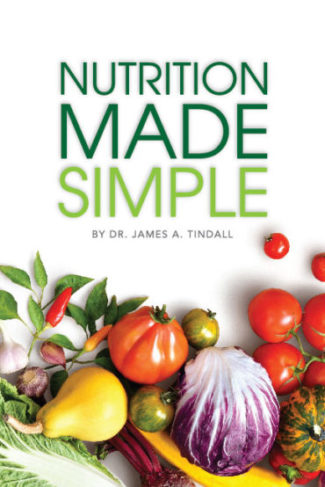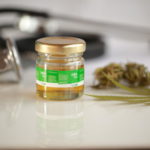Now that the holiday season is over many people are looking to lose all those extra pounds they put on. They ate unhealthy foods for the most part during the holidays such as too much wine, alcohol, candy, etc. and are now looking for healthy options to add to their diet. And, while we do not think about it enough, nutrition is as important as your fitness and training. They are inseparable, you cannot have one without the other; they are interdependent. If you want a refresher course about such a concept, study Liebig’s law of the minimum.
Mushrooms are both nutritious and have a natural medicine. They have been used for both food and medicinal purposes for thousands of years. Though the Chinese and Japanese have been using mushrooms to fight diseases and boost the immune system for over 3,000 years it’s only been in recent years that the true power of mushrooms has started to be recognized in the US.
Mushrooms are low-calorie food that is a good source of B vitamins and minerals. A general serving of most types of mushrooms is 3 or 3.5 ounces (85 or 100 grams), which has about 30 calories. The calories come from protein and carbohydrates and offer about 2 grams of dietary fiber. Mushrooms are typically good sources of the vitamins B1, B2, and B3. They are also good sources of the minerals potassium, copper, and selenium.
Advertisement: Amazon (click on photo for more info)

One commonly available and widely eaten mushroom is the white or button mushroom. It is typical of the nutritional value of mushrooms and is actually the same species as crimini and portabella mushrooms but picked when immature. One 3.5-ounce (100-g) serving of raw white mushrooms contains only about 20 calories and about 3 g each of protein and carbohydrates. This serving provides about 20 percent of the U.S. recommended daily allowance (RDA) for vitamins B2 and B3 and is also a fair source of B1 and B6. It is likewise a good source of potassium, copper, and selenium.
Mushrooms also are loaded with vitamins C, D, and B12 as well as significant amounts of niacin, riboflavin, and pantothenic acid. They also contain good amounts of iron, potassium and selenium – most of the vitamins and minerals to help keep you healthy from one small food item. Thus, they are a good addition to almost any food you make from pasta to salads. The benefit of mushrooms that is the most sought after is weight loss. Why? Mushrooms are low in fat and carbohydrates so when you eat them your body burns more fat breaking down the fiber and protein. It’s sort of what we call a negative calorie, i.e., it takes more calories to digest them than they give you. The fiber in mushrooms also helps to lower your LDL (bad cholesterol) at the same time it also helps manage diabetes with its low carbohydrates, high protein, fiber, vitamins, and minerals. Additionally, mushrooms have natural insulin as well as enzymes that assist in breaking down the sugars and starches in food. They are also known to have compounds that assist in maintaining and improving the function of the pancreas and liver as well as other glands in the endocrine system.
Different methods of cooking and storing mushrooms can affect their nutritional value. The best nutritional value is from initially, fresh, raw mushrooms that are not overcooked, whether in a food such as spaghetti or atop a burger. Although canned mushrooms are a good source of B vitamins and minerals, they also often contain high amounts of added salt.
Mushrooms have also been shown to be effective in the prevention of breast and prostrate cancer because they contain significant amounts of Beta-glucons and linoleic acid, which have anti-carcinogenic effects. Linoleic acid is also effective in limiting the effects of estrogen while the Beta-glucons interfere with the growth of cancer cells in prostate cancer. Additionally, selenium found in mushrooms also interferes with cancer cell growth. They also contain a powerful anti-oxidant called ergothioneine, which is good for protecting against free radicals and improving the immune system. In addition to all of this, mushrooms also contain natural antibiotics that protect against microbial and fungal infections, as well as helping to heal ulcers and wounds that have become ulcerous. They are also the only food source of vitamin D other than cod liver oil that is edible.
But, take care which mushrooms you eat because some of them can be deadly. While there are over 14,000 different mushrooms, only about 3,000 are edible. The simple solution to this problem is go to the store and buy mushrooms you know are safe. If you must go pick your own, make sure you know which ones you’re picking. Eating a single mushroom that’s poisonous mushroom can put you into a coma. Never eat mushrooms that have become discolored or appear to be “spoiled”. What are you waiting for, head down to the market and purchase some fresh mushrooms (those that are in sealed containers from reputable companies are best) and put in your pasta, salad, or burger tonight and begin reaping the enchantment of mushrooms.







